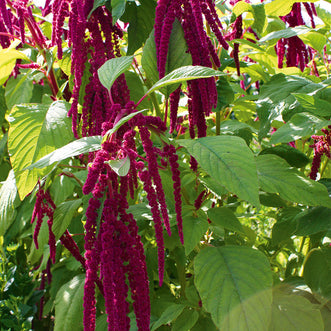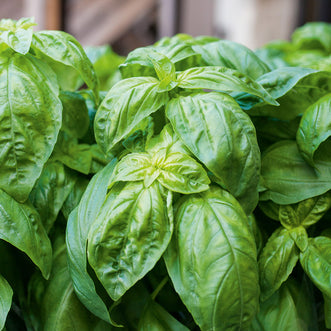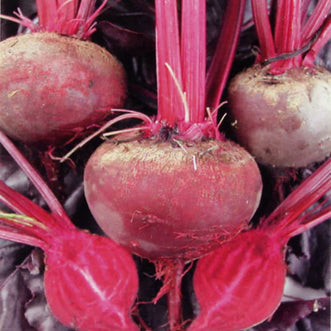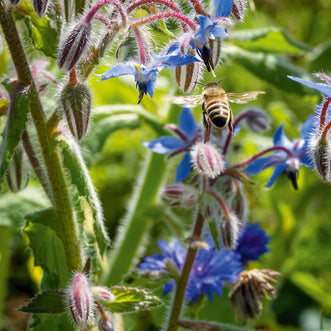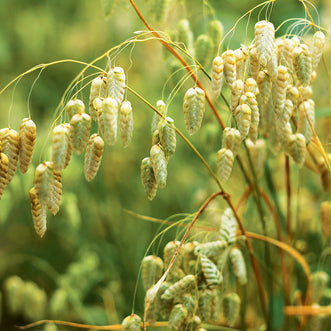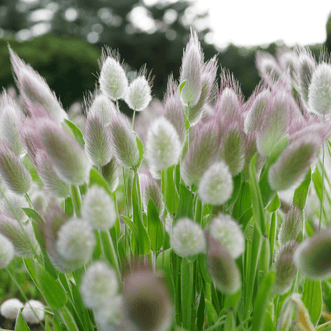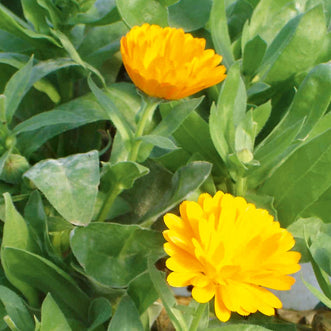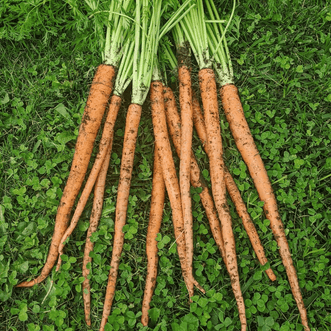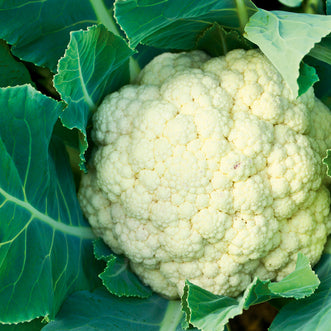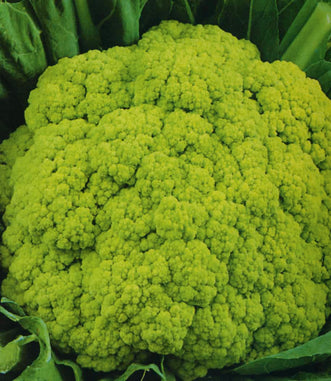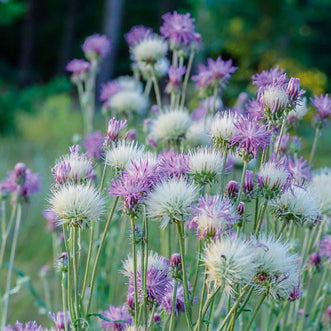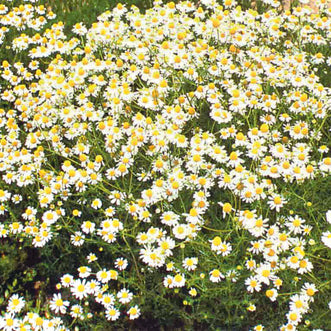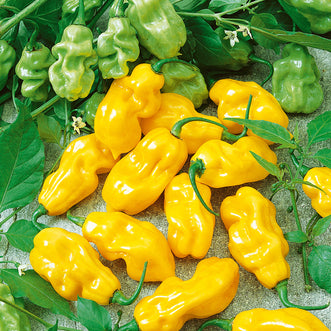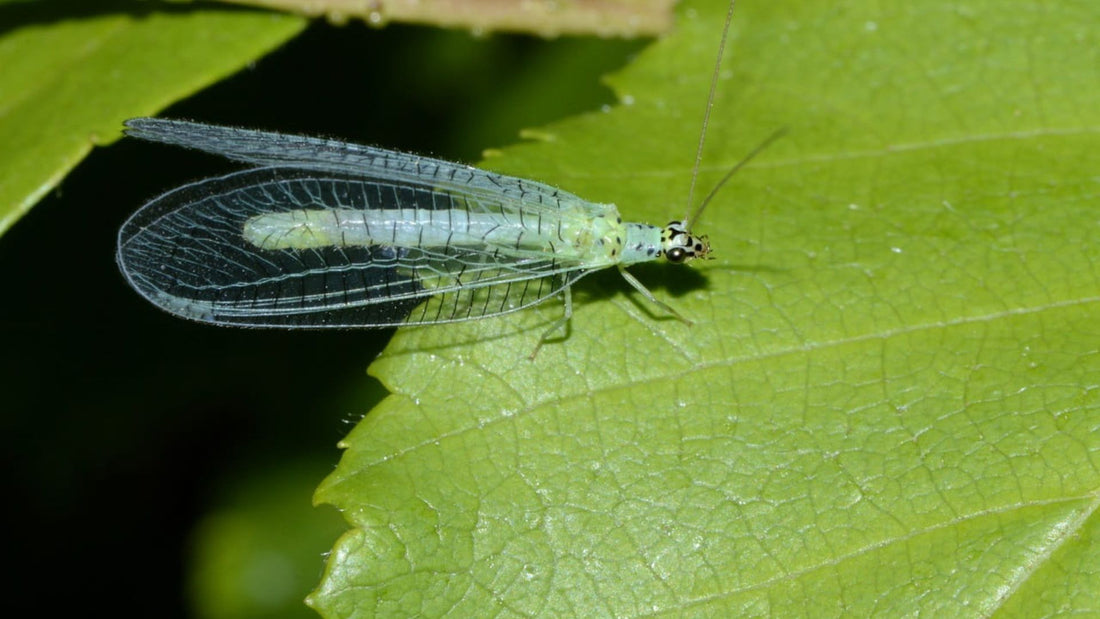
Beneficial Insects in Your Garden
TylerThey are a food source of nectar, pollen or leaves
They provide a surface on which to lay eggs
They provide a safe environment in which to winter over
Insects like:
A varied diet with high levels of pollen and nectar
Plants that flower at different times of the day
Short florets for wasps with noses that like to suck nectar
Long florets for butterflies with long proboscis
There are hundreds of different insects in your garden that are beneficial or have no effect on the plants that you are trying to cultivate. Only a few such as Aphids, Thrips, Whitefly, Scale and various Mites could be regarded as pests that cause damage to your plants.
These harmful insects have their own natural enemies such as Hoverflies, Ladybirds, Lacewings and Parasitic Wasps that feed and predate on them. Hoverflies are different to house flies resembling a tiny wasp and are quite harmless without a sting. Lacewings and Parasitic Wasps are equally small and can be hard to see with the naked eye unless you know what to look for.
It is possible to provide a garden environment that allows these predator insects to thrive and keep damage from the bad bugs to a minimum. Many of these predators occur naturally in small numbers in most gardens but can be encouraged by growing host plants that provide them with habitat and nectar for food.
Hoverflies, Lacewings and Parasitic Wasps all enjoy Phacelia, Buckwheat, Bergamot, Alyssum, Borage, Coriander, Bishops Flower and Anise Hyssop as nectar sources through the summer months. Phacelia is probably the best as it flowers early and profusely with much nectar, is more frost hardy and for maximum effect, can be direct sown from early spring through to mid autumn in most areas.
Beneficial Insects can also be purchased from several companies that specialize in this production. See www.bioforce.co.nz. They are best obtained and released as the weather is warming in early summer when there are many bad bugs and nectar to feed on.







